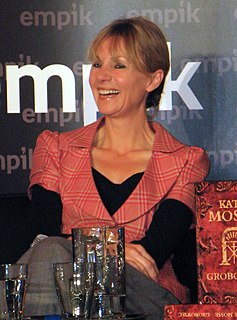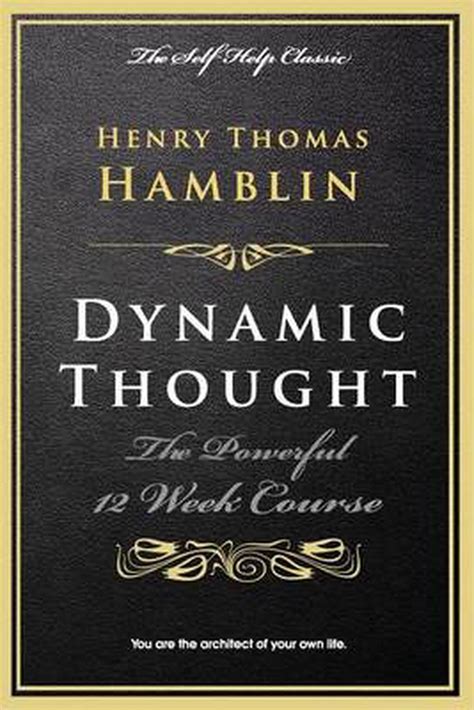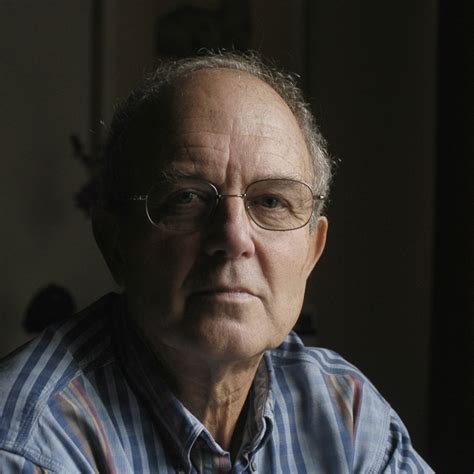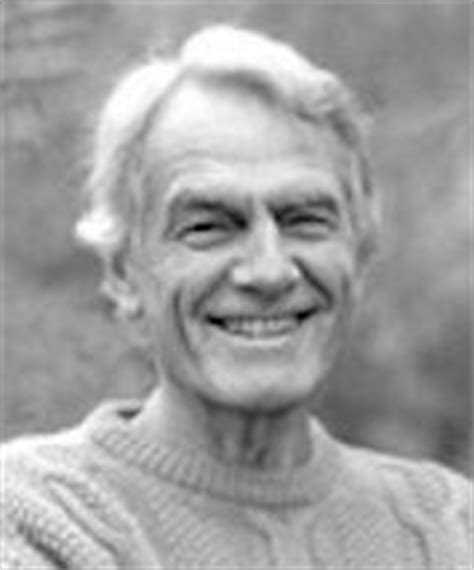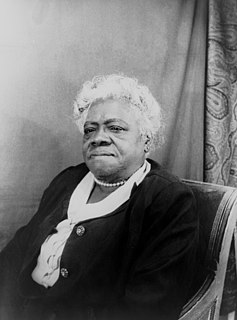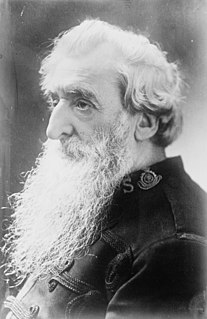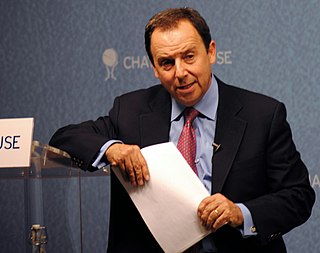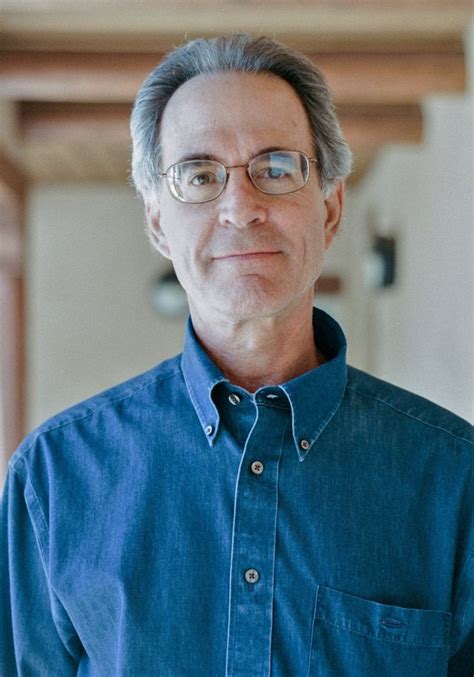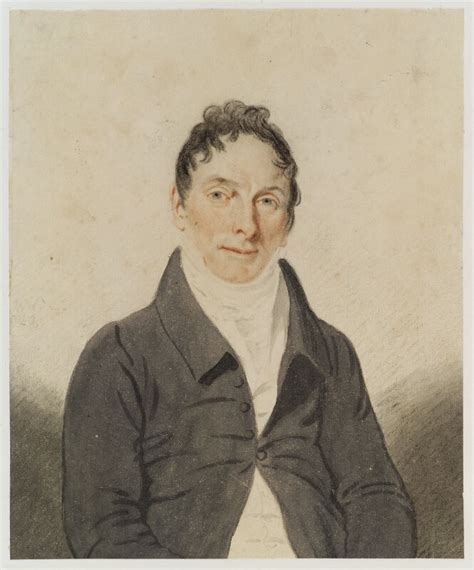Top 312 Prizes Quotes & Sayings - Page 5
Explore popular Prizes quotes.
Last updated on December 12, 2024.
I think the judging process is full of integrity, compared to some other prizes around the world. The fact that they change the panel of judges every year keeps it from becoming corrupt. I think it's very difficult if you've got judges for life; obviously relationships are cultivated between judges and authors, and publishing houses.
[T]he schools, through reliance upon the spur of competition and the bestowing of special honors and prizes, only build up and strengthen the disposition that makes an individual when he leaves school employ his special talents and superior skill to outwit his fellow without respect for the welfare of others
Iraq has the second largest oil reserves in the world, it is right in the midst of the major energy reserves in the world. Its been a primary goal of US policy since World War II to control what the State Department called "a stupendous source of strategic power" and one of the greatest material prizes in history.
I won't lie, I didn't know there was a concert. I've always known about the Nobel Peace Prize and the different prizes given out for science and this and that, but I didn't know there was a concert the day after. When they said, 'You're going to perform in Norway for the Nobel Peace Prize concert,' I was like, 'All right, I'm there.'
Science was blamed for all the horrors of World War I, just as it's blamed today for nuclear weapons and quite rightly. I mean World War I was a horrible war and it was mostly the fault of science, so that was in a way a very bad time for science, but on the other hand we were winning all these Nobel Prizes.
Service rendered as a gift or love-offering to Life: work that is engaged in, not for self or for profit, but as an act of love and service, these bring the doer a harvest of blessings. . . . When we serve and when we give, we open ourselves to receive life's richest blessings, its greatest prizes, and its most enduring lessons.
The rule in our society is that while those who kill once make wretched a single person are severely punished, those (heads of state, inventors, manufacturers) who are responsible for the death, mutilation or general wretchedness of thousands or millions are rewarded with fame, riches and prizes... If you are going to rob, rob big; if you're going to kill, kill big.
All I can say is what you already know: some days are treasure. Not many, but I think in almost every life there are a few. That was one of mine, and when I'm blue -- when life comes down on me and everything looks tawdry and cheap, the way Joyland Avenue did on a rainy day -- I go back to it, if only to remind myself that life isn't always a butcher's game. Sometimes the prizes are real. Sometimes they are precious.
In an era when party fundraising is badly tainted, dinners are a really good way of raising cash for campaigning. Lots of people giving very small amounts of money through ticket sales and raffle prizes: yes, it's much harder work than big donations, but I think it's a more democratic and transparent way of fundraising.
The prizes of life are at the end of each journey, not near the beginning; and it is not given to me to know how many steps are necessary in order to reach my goal. Failure I may still encounter at the thousandth step, yet success hides behind the next bend in the road. Never will I know how close it lies unless I turn the corner.
The profession of a prostitute is the only career in which the maximum income is paid to the newest apprentice. It is the one calling in which at the beginning the only exertion is that of self-indulgence; all the prizes are at the commencement. It is the ever-new embodiment of the old fable of the sale of the soul to the Devil. The tempter offers wealth, comfort, excitement, but in return the victim must sell her soul, nor does the other party forget to exact his due to the uttermost farthing.
Do not be dismayed, daughters, at the number of things that you have to consider before setting out on this divine journey, which is the royal road to heaven. By taking this road we gain such precious treasures that it is no wonder if the cost seems to us a high one. The time will come when we shall realize that all we have paid has been nothing at all by comparison with the greatness of our prizes.
I don't know anything about chemistry, but I know that there's a whole world of chemistry, of professional chemists. They have their prizes, they have their publications, they have their work. Just because I don't know about it, doesn't mean that it doesn't exist. A lot of people say, "Isn't poetry in trouble today?" Or: "Nobody really reads poetry anymore." And I say, "You're crazy." There's a huge world of poetry out there. You may not know about it, but it's there.
I think the WikiLeaks releases furnish us with an opportunity to observe the upper reaches of the American status hierarchy in all its righteousness and majesty. High-achieving colleagues attempting to get jobs for their high-achieving children. Foundation executives doing fine and noble things. Prizes, of course, and high academic achievement.
People were murdered for the camera; and some photographers and a television camera crew departed without taking a picture in the hope that in the absence of cameramen acts might not be committed. Others felt that the mob was beyond appeal to mercy. They stayed and won Pulitzer Prizes. Were they right?
The difference between an admirer and a follower still remains, no matter where you are. The admirer never makes any true sacrifices. He always plays it safe. Though in words, phrases, songs, he is inexhaustible about how highly he prizes Christ, he renounces nothing, gives up nothing, will not reconstruct his life, will not be what he admires, and will not let his life express what it is he supposedly admires.
I wasn't particularly prolific at sport, and I could get by at school, but I wasn't going to win any prizes. Suddenly people were slapping me on the back and saying that I was funny and talented. So I just knew that it felt good to be appreciated, basically. Whenever I got an opportunity to do some acting I did a little bit more.
They say that Pyotr Ilyich Tchaikovsky was a homosexual. Truth be told, we don't love him because of that, but he was a great musician, and we all love his music. So what? I assure you that I work with these people. I sometimes award them with state prizes or decorations for their achievements in various fields. We have absolutely normal relations, and I don't see anything out of the ordinary here.
At certain times each year, we journalists do almost nothing except apply for the Pulitzers and several dozen other major prizes. During these times you could walk right into most newsrooms and commit a multiple axe murder naked, and it wouldn't get reported in the paper because the reporters and editors would all be too busy filling out prize applications.
Looking back on a 30-year teaching career full of rewards and prizes, somehow I can't completely believe that I spent my time on earth institutionalized; I can't believe that centralized schooling is allowed to exist at all as a gigantic indoctrination and sorting machine, robbing people of their children. Did it really happen? Was this my life? God help me.
Written in 1895, Alfred Nobel's will endowed prizes for scientific research in chemistry, physics, and medicine. At that time, these fields were narrowly defined, and researchers were often classically trained in only one discipline. In the late 19th century, knowledge of science was not a requisite for success in other walks of life.
No vegetarian has been able to achieve a single Nobel prize. It is a clear-cut condemnation of vegetarianism. Why do all the Nobel prizes go to non-vegetarians? - because vegetarian food does not contain those proteins which create intelligence. And unless we provide those proteins, intelligence cannot grow. The body is a very delicate phenomenon and it needs a very well balanced diet.
Our government, conceived in liberty and purchased with blood, can be preserved only by constant vigilance. May we guard it as our children's richest legacy, for what shall it profit our nation if it shall gain the whole world and lose “the spirit that prizes liberty as the heritage of all men in all lands everywhere”?
Two sons, they'll both be presidents after they win their Nobel Prizes. And the daughters, they'll be prima ballerinas before they become the president of Princeton and start their Internet company. And I just started to think about What's the conventional load of those expectations you carry around? You have to pull them out one by one and smash them in the corner. You realize the pile is quite high. But in a way, it becomes oddly liberating to do that.
Dolls, perhaps more than any other object, demonstrate just how thin the line between love and fear, comfort and horror, can be. They are objects of love and sources of reassurance for children, coveted prizes for collectors, sources of terror and horror in numerous movies, television shows, books, and stories.
Without the book business it would be difficult or impossible for true books to find their true readers and without that solitary (and potentially subversive) alone with a book the whole razzmatazz of prizes, banquets, television spectaculars, bestseller lists, even literature courses, editors and authors, are all worthless. Unless a book finds lovers among those solitary readers, it will not live . . . or live for long.
The film festival is in a town in Arkansas, a quintessentially American town with a little town square. It's to champion women and diversity in all media, so TV, movies, eventually, digital, whatever you get into. That's the goal. We're using the same philosophy as my institute, which is to make it research-based and really try to work directly with filmmakers and content creators and move the needle. It's the only film festival in the world where the prizes are guaranteed distribution.
We have a greedy cycle where Human Rights Commissions fine citizens in order to pay their own salaries so they can employ more Human Rights Commissions. It's a bounty system where the prizes are business owner's heads. And so as restaurants go broke, tourists get stabbed. That's human rights in New York. And perhaps America.
The SEALs place a premium on brute strength, but there's an even bigger premium on speed. That's speed through the water, speed over the ground, and speed of thought. There's no prizes for gleaming a set of well-oiled muscles in Coronado. Bulk just makes you slow, especially in soft sand, and that's what we had to tackle every day of our lives, mile after mile.
I felt very low. I had been unmasked only that morning by Jay Cee herself, and I felt now that all the uncomfortable suspicions I had about myself were coming true. After nineteen years of running after good marks and prizes and grants of one sort and another, I was letting up, slowing down, dropping clean out of race.
It's great to win a few prizes early on. It helps a writer to get noticed and to get some sales. It can also be a pain in the arse because it gets in the way of the quiet, contemplative time every writer needs, but which is particularly important when you are a new writer finding your own voice, and pursuing the things that interest you.
In the end, of course, all novelists will be judged by their novels, but let's not forget that we will also need new ways of assessing the latter. There are people who will continue to write nineteenth-century novels in the early twenty-first, and even win major prizes for them, but that's not very interesting, intellectually or emotionally.
I was starting to wonder if I was ready to be a writer, not someone who won prizes, got published and was given the time and space to work, but someone who wrote as a course of life. Maybe writing wouldn't have any rewards. Maybe the salvation I would gain through work would only be emotional and intellectual. Wouldn't that be enough, to be a waitress who found an hour or two hidden in every day to write?
For more than twenty years he [Blanchard] toiled on through the most fatiguing paths of literary composition, mostly in periodicals, often anonymously; pleasing and lightly instructing thousands, but gaining none of the prizes, whether of weighty reputation or popular renown, which more fortunate chances, or more pretending modes of investing talent, have given in our day to men of half his merits.
Science has a culture that is inherently cautious and that is normally not a bad thing. You could even say conservative, because of the peer review process and because the scientific method prizes uncertainty and penalises anyone who goes out on any sort of a limb that is not held in place by abundant and well-documented evidence.
A snappy label and a manifesto would have been two of the very last things on my own career want list. That label enabled mainstream science fiction to safely assimilate our dissident influence, such as it was. Cyberpunk could then be embraced and given prizes and patted on the head, and genre science fiction could continue unchanged.


